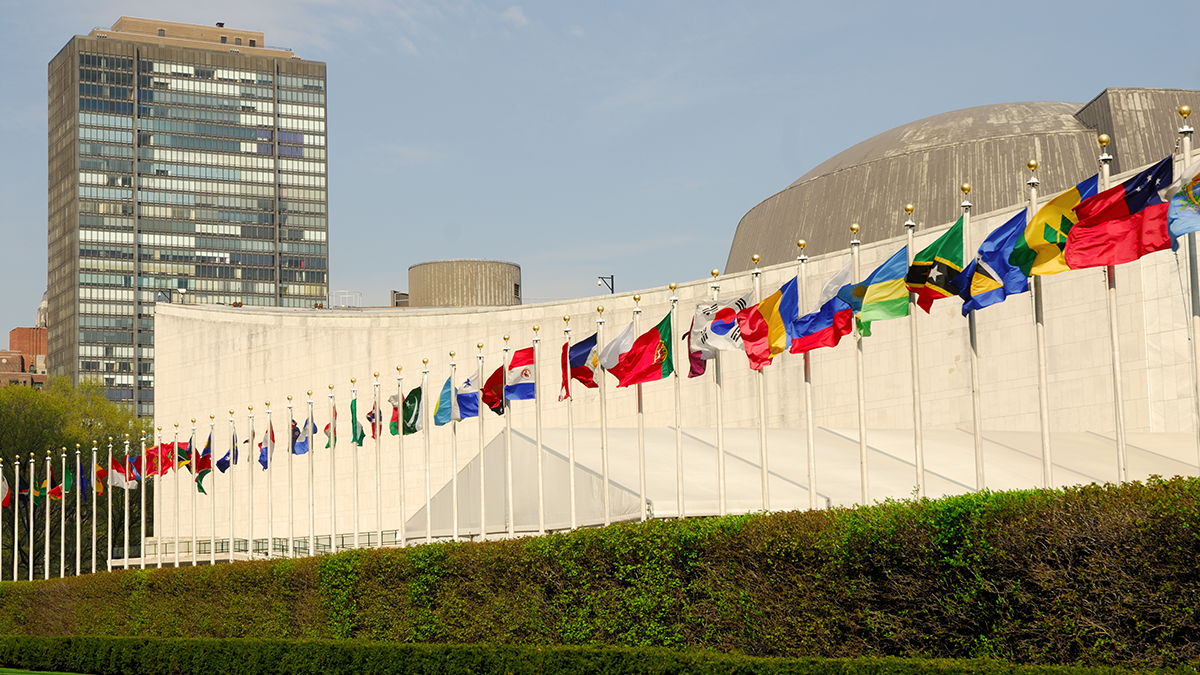About the group
Governance is concerned with the way power is exercised, and the rules and institutions – both formal and informal – that govern behaviour in different arenas. This research area is concerned with relations between states, international governmental and non-governmental organisations, private companies, and other non-state actors, that influence the achievement of goals related to sustainable development.
We focus particularly on shifts in governance as a result of global political, economic and environmental changes, and study these shifts in different geographical areas, in various fields, and at different levels – local, national and global.
Objectives
- To examine how states, multilateral organizations, private companies, investors, and other non-state actors exercise power in different institutional settings, and how it influences governance outcomes.
- To study the interplay between political, economic, socio-cultural and institutional factors in governance processes, and identify its influence on development and the environment.
- To investigate changes in governing elites, and consequences for institutions and policy outcomes.
Academic programmes and courses
- SUM4531 – Latin America in the New Global Resource Politics
- SUM4029 – Global Governance for Sustainable Development
- SUM4031 – Latin American Politics and Development
- SUM4501 – Achieving the SDGs: Global Goals and National Interests
- SUM4504 – International Political Economy of Energy
